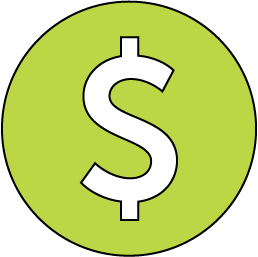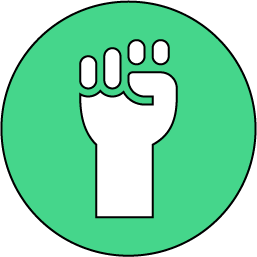?
Need Help?

Confused about returns, chargebacks, or refunds in British Columbia? This guide expla…

Learn what to do if you have debt in British Columbia. This guide for youth explains …

Wondering what a contract is? This guide explains how contracts work in British Colum…

Discover your rights and responsibilities at each age in British Columbia—from school…